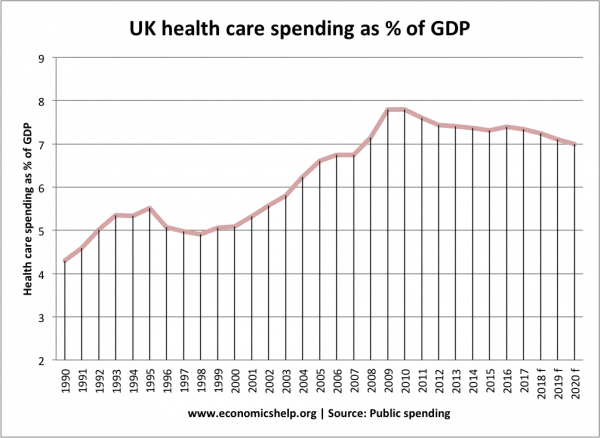Fee and KJ hazard a guess...
SOURCE PUBLIC SECTOR EXECUTIVE: Lib Dems join Labour in pledge to scrap
1% public sector pay cap
Liberal Democrat leader Tim Farron has pledged to put an end
to the government’s 1% public sector pay cap and uprate wages in line with
inflation, a commitment that is in line with Labour’s pledges according to its
leaked manifesto. Farron, who accused the Conservatives of treating health
workers “like dirt” at yesterday’s Royal College of Nursing (RCN) annual
conference, said nurses and teachers could be £780 better off by 2021 as part
of his party’s plans. Conversely, it is estimated that a new nurse would be
around £530 worse off by then under current Tory plans, while a primary school
teacher would lose out on £550 and an army sergeant £830, according to Lib Dem
analysis. The party’s leader also said that the controversial pay cap, branded
by many unions as a “cruel” policy, would leave the average civil servant £800
worse off by 2021. Vince Cable, Lib Dem shadow chancellor and the former
business secretary, said: “Public sector workers are facing a double blow at
the hands of this Conservative government, with years of pitiful increases to
pay combined with a Brexit squeeze caused by soaring inflation. “Our NHS and
schools are already struggling to recruit the staff they need. "Living
standards are falling, prices are rising and nurses are going to food banks –
but Theresa May doesn’t care.” Just last week, a leading trade union claimed
the cap policy will cost the UK economy around £16bn in lost wages by the end
of the decade. Analysis by the GMB also predicted that between 2017 and 2020,
five million workers in the public sector will find themselves out of pocket by
around £3,300 each. As expected, the cap has been an extremely controversial
policy since its inception, and is now threatening to drive the nursing
workforce to its first-ever strike in the RCN’s 100-year history.
OUR RELATED STORIES:





































































